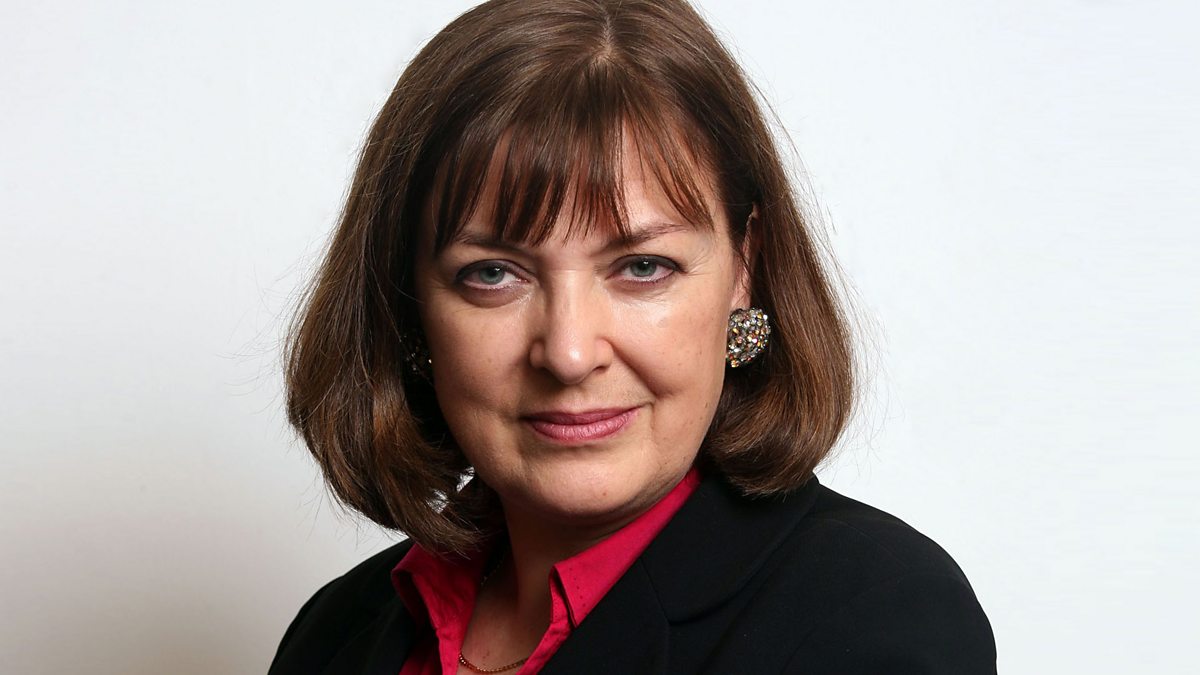The Baltic Singing Revolution
Collapse
X
-
It wasn't just on their doorstep but occupying them and their attempts to end that were met my armed force. You can see that here, in Riga https://www.youtube.com/watch?v=1y4wLPgTxwkOriginally posted by ardcarp View PostAs the iron curtain came down and glasnost was in the air, the Baltic states were very nervous about the big bear on their doorstep and the fragile nature of their future freedom.
Comment
-
-
With a large ethnic Russian component, and the entry of military personnel in civvi dress in Ukraine, the Baltic states have good reason to worry about concocted "unrest", intervention, etc. I had to leave during the course of the programme - but the description of the festivals of singing being the one form of resistance to the Russians open to them, made a big impression - and it has left a legacy in a healthy choral movement, if I'm not mistaken?
Comment
-
-
The phrase come down is confusing - Churchil talked of 'an iron curtain' being 'drawn down' - so I suppose at its end it should really be thought of as being 'raised'.Originally posted by Gabriel Jackson View PostThat's true, of course, but the conflation of three very different things confused me
On the other hand, the Wall couldn't do anything but come down when it was dismantled!
Comment
-
-
"Pseudo-"?Originally posted by jean View PostA bit like the Church in Poland!
If only the Poles had expressed their pseudo-religious fervour through choral singing.
Curiously, choral societies were associated with Serbian subversion in Bosnia-Hercegovina during the period of Austria-Hungarian rule towards the end of the nineteenth century.
Closer to home, but at about the same period they played an important part in the emergence of Welsh national consciousness as a popular phenomenon (previously, as in Ireland, an elite thing, initially arising among the gentry and then spreading among the emergent middle class).
Comment
-

Comment